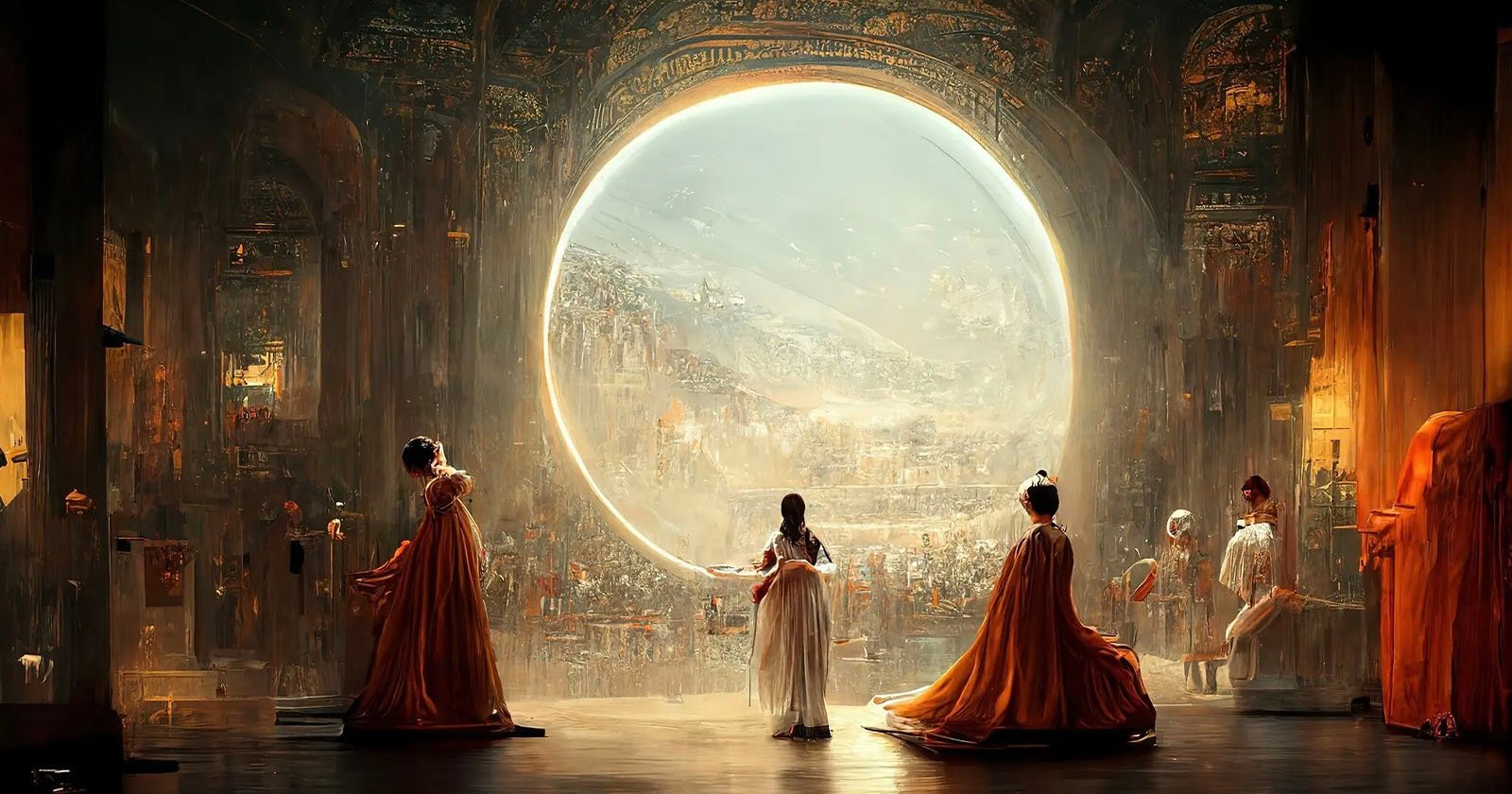An artist who infamously duped an art contest with an AI image is suing the U.S. Copyright Office over its refusal to register the image’s copyright.
In the lawsuit, Jason M. Allen asks a Colorado federal court to reverse the Copyright Office’s decision on his artwork Theatre D’opera Spatialbecause it was an expression of his creativity.
Reuters says the Copyright Office refused to comment on the case while Allen in a statement complains that the office’s decision “put me in a terrible position, with no recourse against others who are blatantly and repeatedly stealing my work.”



The cases where copyright was denied involved prompt-driven generative AI. At some point the artist admitted that some of the creative decisions were made by the AI.
In your first example, you made all the creative decisions. The same is true of many filters, for example if I apply a “50s cinema filter” then I know exactly what it will do. The AI doesn’t get to make any decisions.
On the other hand, if you tell the AI to “add some clouds to the image” and the algorithm decides where they go, then the sky it produces is not protected. Only the elements you controlled are.